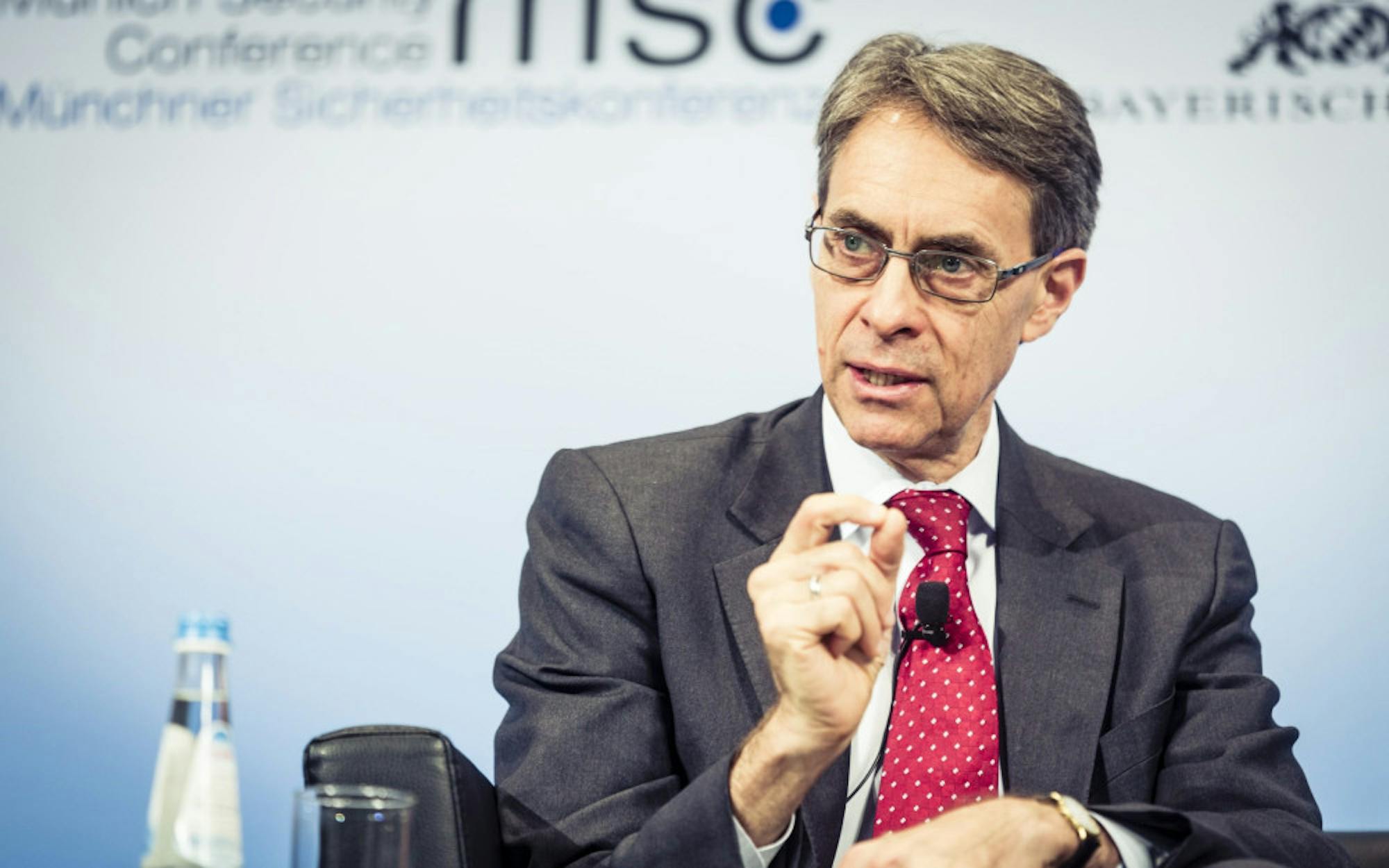Money and freedom, in the current world, seem to be contradictory. The misuse of power to censor, intimidate and silence scholars and students is threatening the fundamentals of academia. Do we have to choose one, or can we have both?
The renowned Kennedy School at Harvard University reversed its decision on Jan. 19 and offered a fellowship to Kenneth Roth, the former director of Human Rights Watch. The reversal came after public outcry against Harvard’s initial decision, which touched on sensitive issues such as academic freedom, donor power and the long-standing Israel controversy.
The dispute flared up months ago when The Nation exposed that Douglas Elmendorf, the dean of the Kennedy School, refused to approve the proposal by the school’s Carr Center of Human Rights Policy to offer a one-year fellowship to Roth. “The reason,” The Nation writer Michael Massing said, was “Israel.” Roth and Human Rights Watch previously criticized Israel for violating human rights and its “apartheid” in regards to its conduct toward Palestinians. At the time, Elmendorf claimed that HRW was biased against Israel.
After this revelation, the public, including Harvard students, faculty, alumni and free speech groups, were furious and criticized Elmendorf’s decision. Although Elmendorf quickly reversed course and asserted that his initial decision was an error, the influence of donors and Elmendorf’s fear of being ‘antisemitic’ should not be neglected. According to an op-ed Roth authored in The Guardian, Elmendorf had a pleasant conversation with him, but at the end, he asked Roth if he had any enemies, to which Roth replied that the Israeli government “undoubtedly detests” him. Therefore, evidence could suggest that Harvard vetoed the fellowship because it feared the criticism for hiring someone who the public sees as 'anti-Israel,' notably from the university donors or administration members. Although it is still not clear what role donor pressure played in the decision, it is not uncommon for large donors and administration members to exert influence on academic institutions, particularly in controversial cases, and it signals part of a broader trend of universities facing pressure to silence or marginalize critics of Israel.
Academic freedom is not just about protecting the right to express one’s views, but also about creating a space for critical inquiry and debate. By denying Roth a fellowship, Harvard is sending a message that certain perspectives or criticisms are not welcome on its campus, which could have an enormously negative effect on academic freedom more broadly to the whole nation.
Harvard, as one of the richest institutions in the world, chose to compromise its commitment to academic freedom for university donations. Admittedly, it seems reasonable for the Kennedy School to reject Roth’s fellowship. After all, all universities depend on donations from their alumni and other donors to operate at a high level by conducting research and maintaining international influence. It is fair that donors have a say in the decisions. However, if universities, companies and society in general are made to abide by the rules of the rich and powerful, the world would largely be controlled by those people without the strong voice of the underrepresented. University should be a place for diverse voices, including criticism and judgment. In this case, it would be difficult for people to hear the criticism of Israel, and other scholars and students’ opinions on Israel might be stifled. Those who have criticism opposing the status quo deserve to be heard.w
There have been many examples of the influence of potential donors undermining either freedom of speech or academic freedom. Some of Hong Kong’s pro-democracy media outlets have been forced to close due to government and sponsor pressure from some of Hong Kong’s pro-Beijing officials, and any attempt to report about communism-related issues has been substantially curtailed. In this situation, Hong Kong news staff, in fear of the pressure, had to avoid reporting some of the truth with regard to China. The lost independent news agencies and censored news content are likely to put both democracy and freedom of speech at stake.
Similarly, a university should allow scholars to have a certain degree of freedom regardless of where the university administration and donors stand. College is where innovation and the search for knowledge happen, which propels our society to grow and advance to the next level. Universities should stand firm in their commitment to promote academic freedom, even if it means facing criticism and potentially losing donors. Academic freedom is a fundamental principle that should not be compromised for financial reasons or fear of public criticism.






